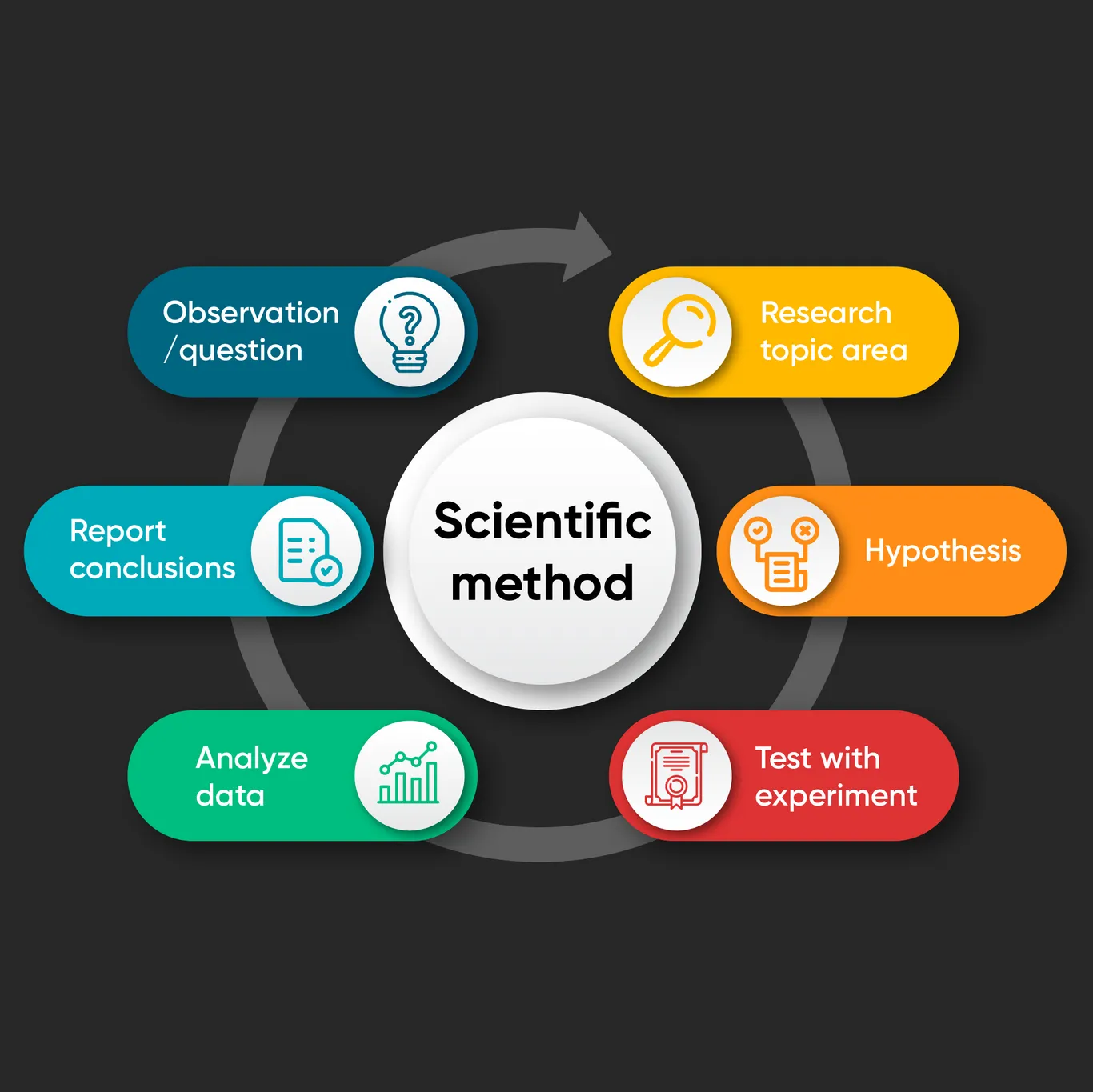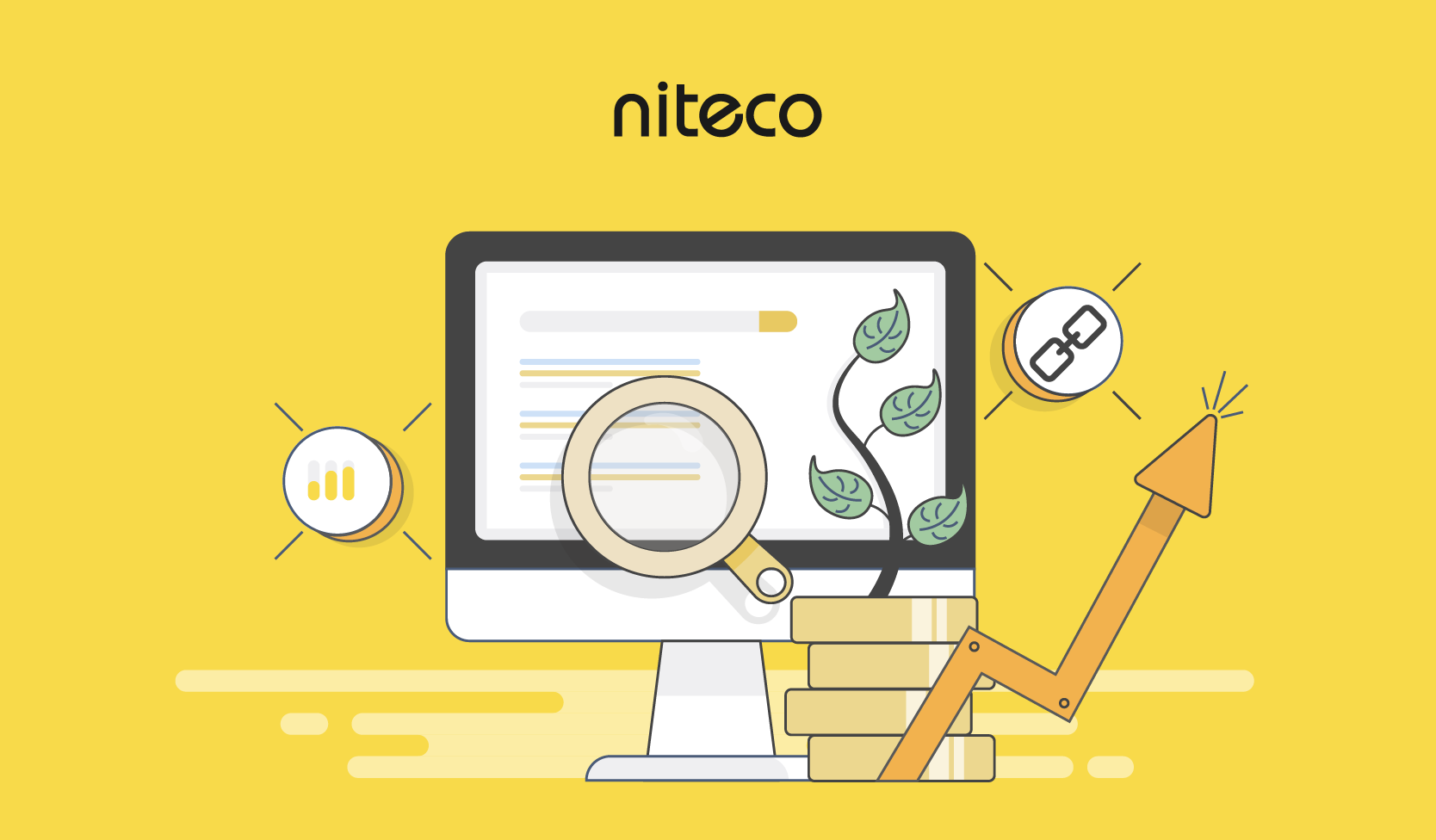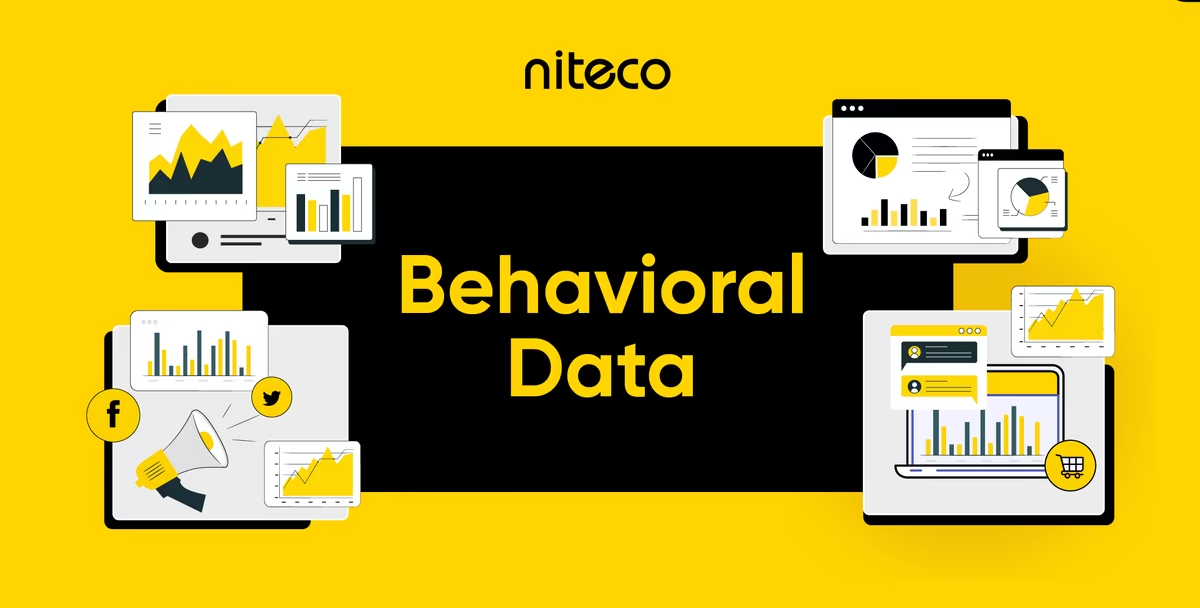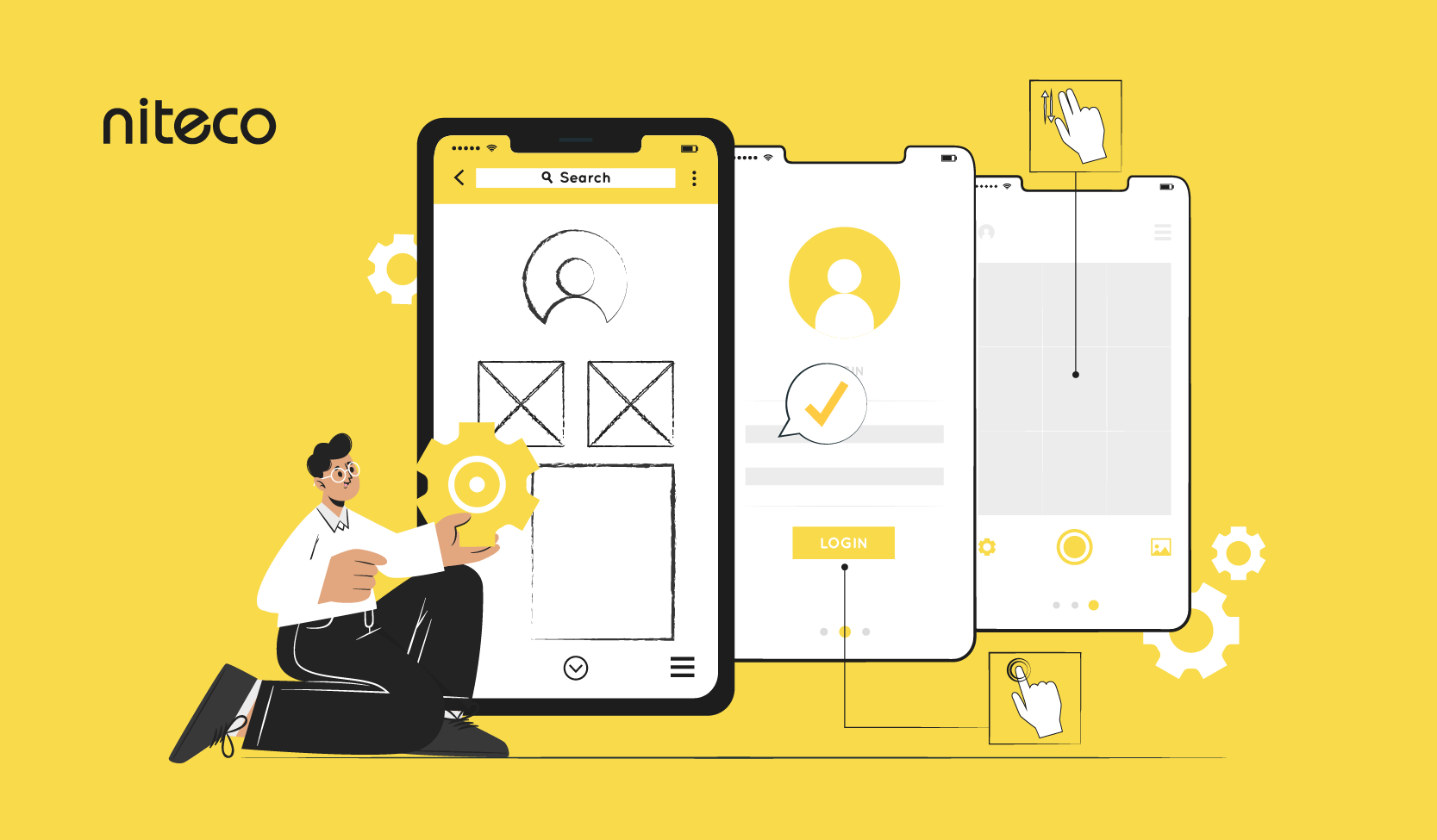Over the last two years, companies like Optimizely have gone all in on experimentation as the future of the digital business world. Experimentation is by no means a new concept, but it has gotten a lot easier to implement with the growth of digital businesses.
In experimentation, we compare an experimental group (e.g. people who are presented with a newly updated landing page) to a standard control group (e.g. people who saw the standard landing page) and measure the difference in their performance. By doing this, we’re taking impulsiveness and subjectivity out of the equation and basing our business decisions on hard data. The best-known version of this is A/B testing or conversion rate optimization, but the approach isn’t just applicable to marketing purposes – development or business processes can be experimented with as well.
Read on to uncover the power of experimentation and explore why incorporating more business experimentation is crucial.
Table of contents:
- What is experimentation in business?
- Why is business experimentation important?
- The key to successful experimentation
- Experimentation – A pathway to business success
What is experimentation in business?
Business experimentation is a strategic and data-driven approach used in a business context. It involves conducting a series of specific tests, known as business experiments, to assess ideas or hypotheses and gather insights before committing significant resources to major projects such as marketing or conversion rate optimization campaigns.
For example, a company might conduct a business experiment to observe user responses to a change in an app or the addition of a new feature. The behavior of these users is then compared to that of a similar group which uses the app without the new feature.
There are popular types of business experimentation including website user testing, usability testing, A/B testing, and accessibility testing. These methods are frequently employed in combination to obtain comprehensive insights, enabling data-backed decisions for enhancing user experience and business outcomes. Therefore, business experimentation serves as a critically important strategic application of tests, allowing informed business decisions and the mitigation of risks associated with significant projects.

An illustration of how business experimentation works
Why is business experimentation important?
Understanding the significance of business experimentation is crucial for any organization aiming to thrive in today’s dynamic business landscape. Let’s delve into why this strategic approach is not just beneficial, but essential for informed decision-making and sustainable growth.
1. Optimizing your online performance
In the past, much of the decision-making process in the digital marketing world was based either on gut feeling or on copying what others had done before. For example, if a company had increased its conversions after changing the font on its website, a rival company might think to do the same thing to improve its own performance. Would rolling out such a change for all users work? It might, but it might also be a disaster. To make sure we don’t put all our eggs in one basket, we need experimentation.
In A/B Testing, we take a hypothesis – such as “changing the font will make this digital experience convert better” – and put it to the test. We create 2 (or more) variants of a digital experience, present each to a part of our audience, and measure the results. Was our hypothesis confirmed? If yes, that’s great, we can roll out the change to all users. If not, we’d better just leave things as they were.
This also allows us to continuously improve performance to keep up with KPIs, growth and conversion goals and any other targets we may have set for ourselves – based on data, not a whim.
2. Improving development processes
Experimentation is by no means only applicable after a solution has gone live. On the contrary, experimentation earlier on in the development journey can actually save you a lot of grief later on. In this context, experimentation means testing the feasibility and potential of features before investing full development resources that you cannot get back.
In this case, we are not talking about the traditional QA (Quality Assurance) testing that occurs to prevent bugs or other technical failures. Rather, this kind of experimentation means taking a closer look at the actual functionality you are building and asking yourself: Is this worth pursuing further? Do users actually respond to this?
However you conduct such an experiment – using your own employees, a focus group, or a different method – you will have a better idea of the direction in which you should take your development to maximize your ROI. In the end, you don’t want to find yourself investing time and money in an idea you’ve lost confidence in.
3. Perfecting your business strategy
Experimentation may be the most useful – but also the toughest to apply – when it’s applied to your business itself. While testing whether one font or another works better on your website doesn’t require much courage, testing your own business processes or strategy may take more. After all, the principle of “don’t fix it if it ain’t broke” is still deeply ingrained in the minds of many businesspeople. And it’s dangerous to let that attitude veer into territory that prevents you from embracing change.
Change is where growth comes from, and finding out what changes will actually make your business run more smoothly can have a major effect on your bottom line. Such change can come in many forms. Maybe an innovative approach to customer discounts, or a change in your teams’ distribution. The important thing to keep in mind when you ponder how to implement your ideas is that you don’t need to do so across the board. Experiment with a small portion of your customers and compare the results to your standard approach. For you, the end result will be hard data on what works and what doesn’t. As Stratechi points out, Capital One, a leader in credit cards, created a $40 billion business by executing hundreds of thousands of controlled experiments optimizing credit card designs, offers, and messaging.
The key to successful experimentation
Successful experimentation requires more than just ideas about what to test. To yield fruitful results from your testing efforts, consider these three important tips:
- Start using a goal tree and formulate an experimentation methodology: Resist the urge to rush into tests. Align your goals with the overall company objectives, enabling your team to focus resources on the right problems and prioritize workloads more effectively.
- Do more than just A/B tests: Explore various testing types for specific hypotheses. Considering each type based on your ultimate goal can yield more significant results.
- Communicate your experimentation results to a broader audience within your organization: Taking experimentation to the next level involves sharing testing campaign results with employees. This fosters an 'experimentation culture' and may bring forth more ideas for future successful experiments.
Besides, you can learn more on how to elevate your experimentation approach and the success story of Electrolux’s conversion rate optimization resulted in a 25% increase in 'Add to Cart' actions.
Experimentation – A pathway to business success
In conclusion, experimentation is a pivotal pathway to successful business in today's dynamic landscape. As businesses strive to thrive through innovation, experimentation not only allows you to navigate the complexities of idea evaluation but also offers a strategic gateway to optimizing online performance, refining development processes, and honing business strategies through data-driven approaches.
For more customized and optimized experimentation solutions tailored to the unique needs of your business, we invite you to contact Niteco. With our expertise, we stand ready to assist you on the journey toward business excellence. The path to success begins with exploration, and Niteco is here to guide you every step of the way.
to transform your business and drive results?



